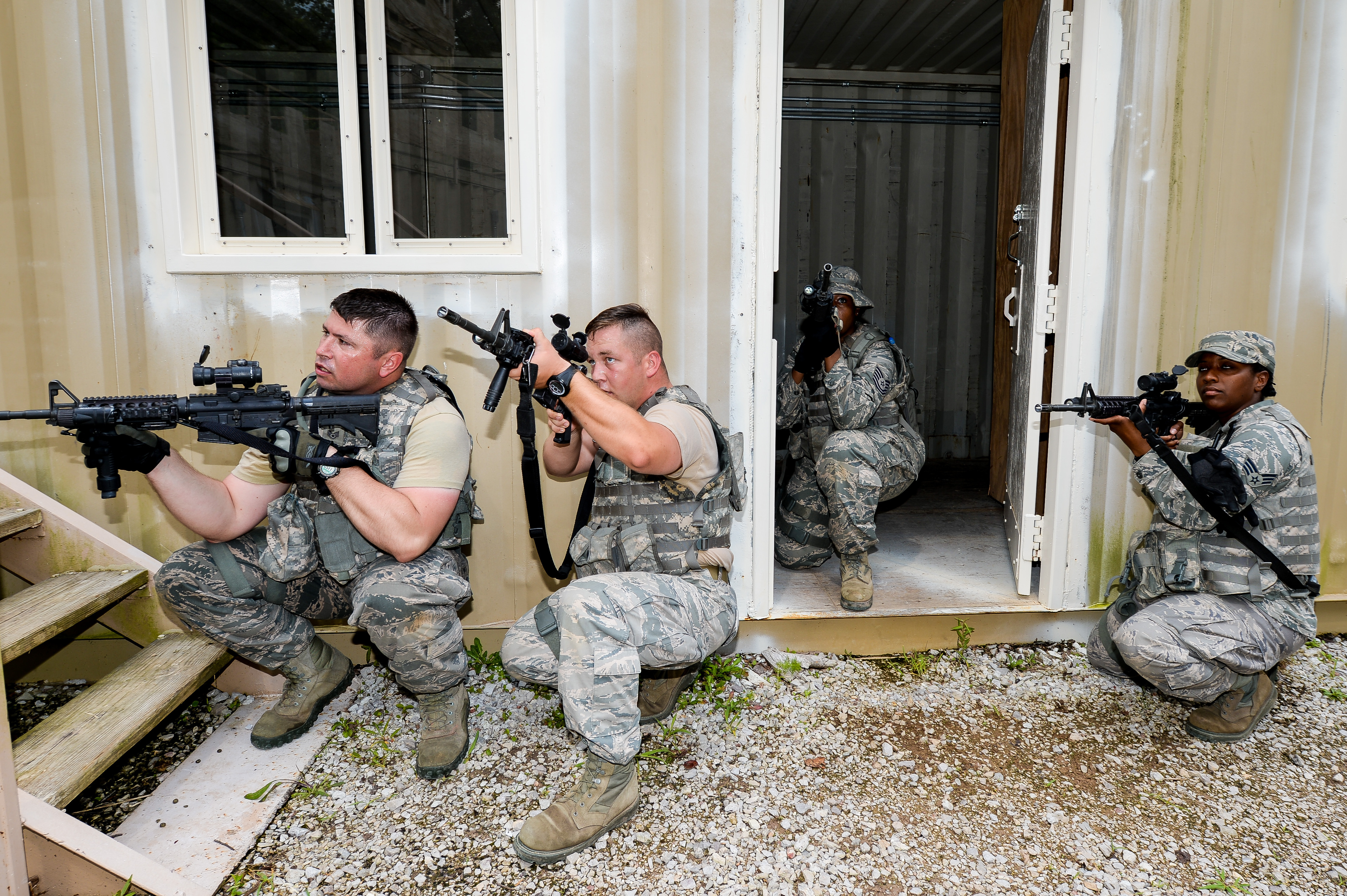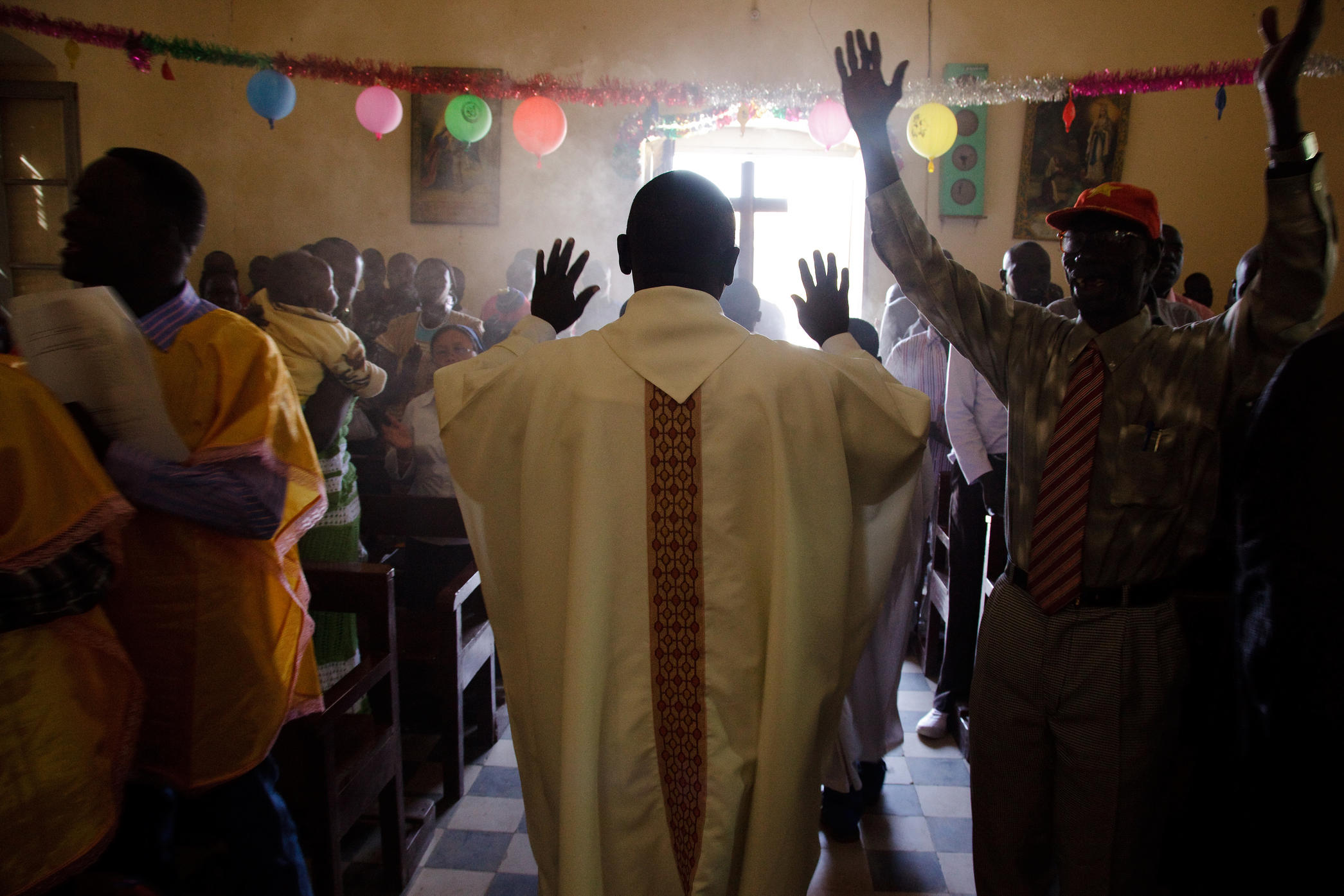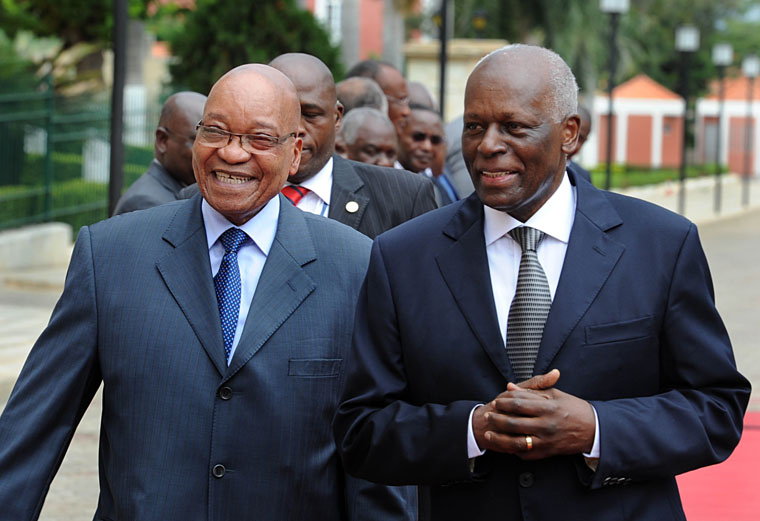This post is part of the “Would Someone Please Explain This to Me?” series.
Reader JCB asks: “How did what was original an ethnic Toureg uprising taking advantage of a Malian coup and Libyan weapons end up as al-Qaeda sympathizing Salafists controlling Timbuktu? Does anyone know who’s in control of northern Mali outside of Timbuktu? Could this be a new (Islamist? Toureg?) state in the making? Would that state be viable?”
Three points:
- Al Qaeda-affiliated groups have a long-established presence throughout the Sahel, stretching across western Libya, western Niger, southern Algeria, and northeastern Mali. The Salafist Group for Preaching and Combat, initially formed in Algeria, has since developed into the pan-Maghreb group Al Qaeda in the Islamic Maghreb (AQIM). After their unsuccessful fight to defend Qaddafi against Libyan rebels, the Tuareg rebels returned to Mali to re-ignite their own war of independence for a distinct Tuareg territory. To do so, they appear to have enlisted the help Ansar Dine, a Tuareg group with Salafist persuasions and ties to AQIM. That temporary alliance was probably one of convenience rather than one of converging ideologies. The secular Turaegs appear to have miscalculated the intentions of these Islamist groups, however, realizing after the fact that these groups were uninterested in independence and more interested in establishing Salafist rule. Hindsight is 20-20.

- I don’t see Mali’s army re-establishing control over northern Mali, owing to an overall lack of capacity. (This lack of capacity, by the way, pre-dates the coup). The military appears hopelessly underequipped to re-establish sovereignty without help from neighbors and allies; the interim government formally requested such help via foreign military intervention last week.
- On the other hand, I also do not see a new Islamist state emerging, much less becoming viable. At most, we might see continued Salafist and Taureg efforts to establish local authority, increase regional support for Salafist beliefs, and maintain smuggling routes. This would be like the Taliban of the Sahara — brutal but wildly unpopular. So although I don’t anticipate seeing any state or even quasi-state structures emerging in Timbuktu, I do expect an amassing of weapons and cash — and continued abuses of civilians — if the situation goes on unabated.
Note: The Guardian has a valuable interactive map of separatist movements in Africa.






5 comments
I’m not sure I follow how “interested in establishing Salafist rule” translates into “uninterested in independence.” Do you mean they intend to extend Salafist rule into southern Mali as well, or to establish a larger regional Salafist entity, or that they’re just going to ignore the rest of Mali, or that they seek both independence and Salafist rule?
Scott, sorry for my confusing characterization. What I meant here is that the claim by the ruling rebels in the north are no longer a secession from Mali to create a contiguous and independent Tuareg state. Instead, the aim appears to be local Salafist rule without interference from the secular Malian government. I’d call this more of an autonomous zone within a sovereign entity.
I see, thanks.
Fascinating discussion! Separatist demands tend to be in flux. What is today a demand for autonomy can be tomorrow a demand for statehood (with parent state capacity and external military support for the rebels explaining much of this variation; http://www.cornellpress.cornell.edu/book/?GCOI=80140100597420).
The Tuareg and their (for now) Salafist allies are not immune to this general pattern. My hunch is that whether the self-declared Republic of Azawad in northern Mali (http://www.economist.com/node/21556307) ends up being a viable polity depends on intra-organizational cohesion (the Tuareg-Salafist alliance), external military support, and extent of governance activities in the self-proclaimed state.